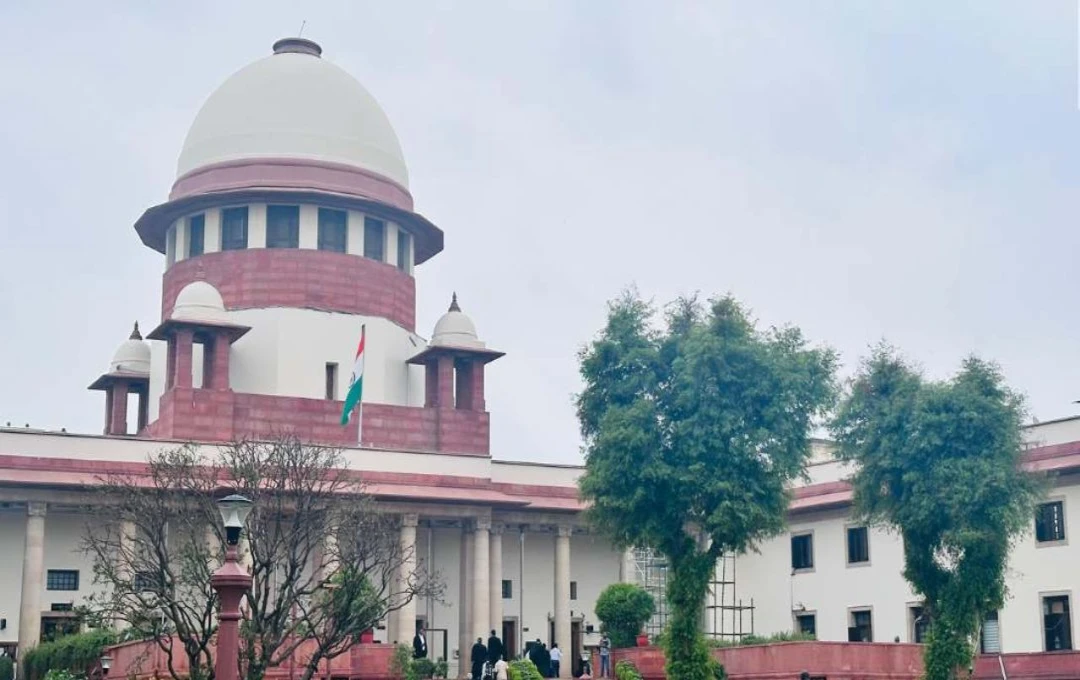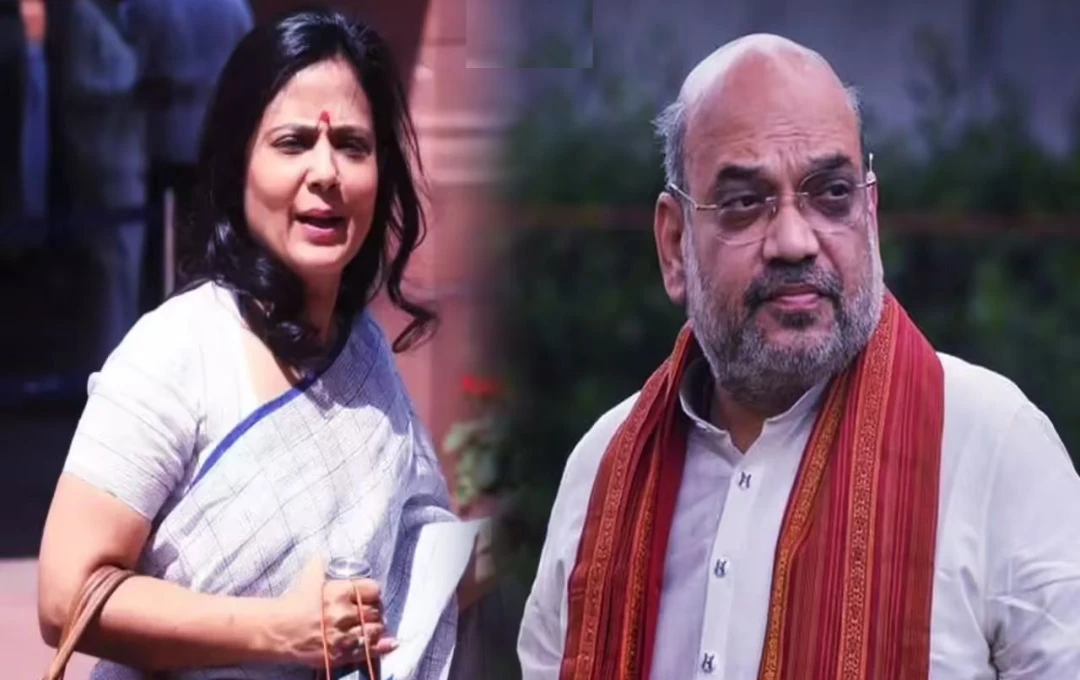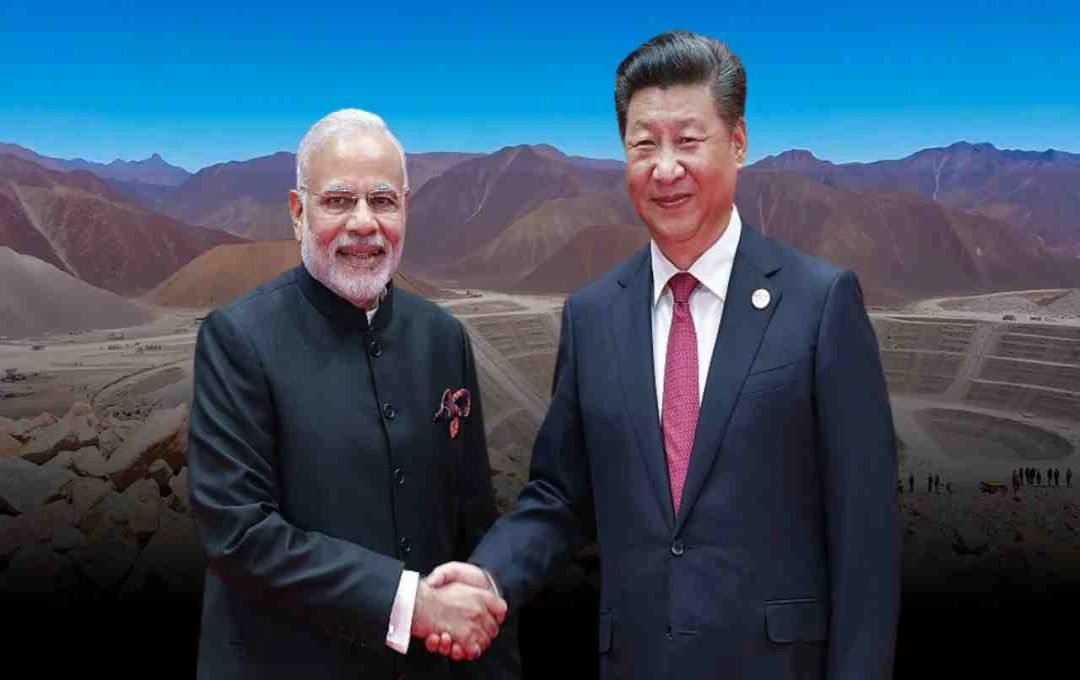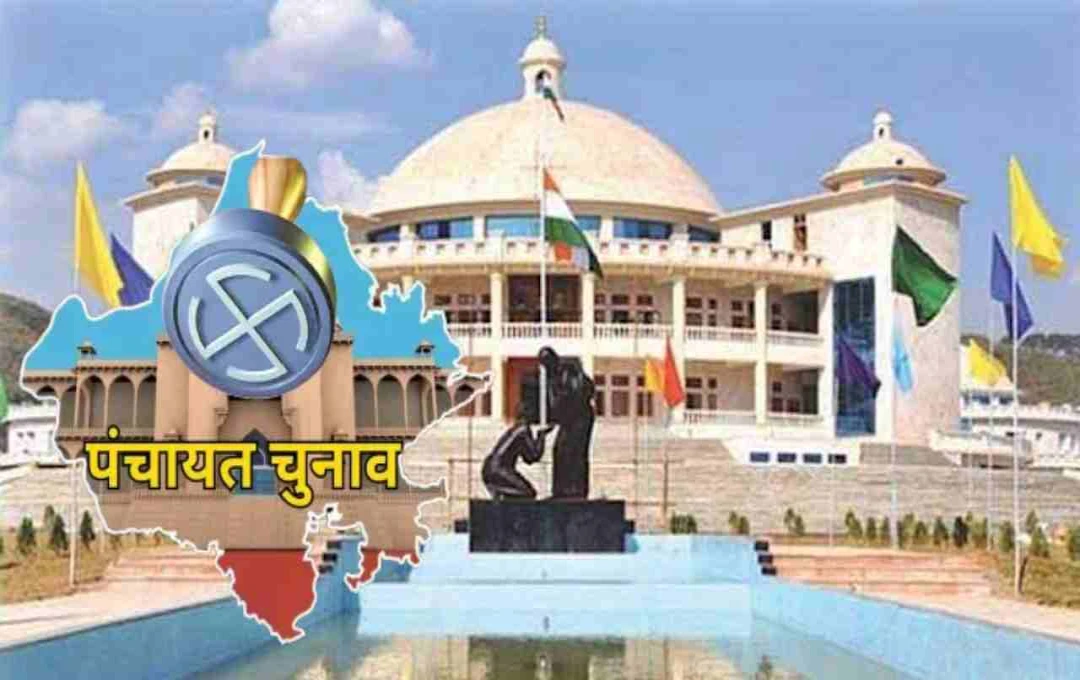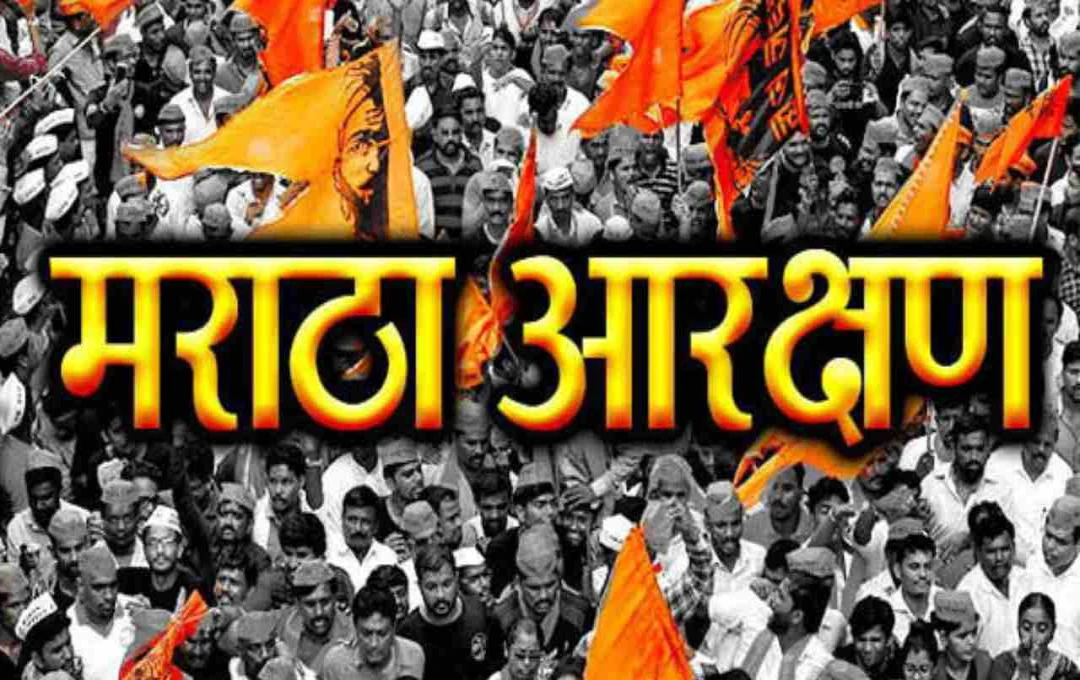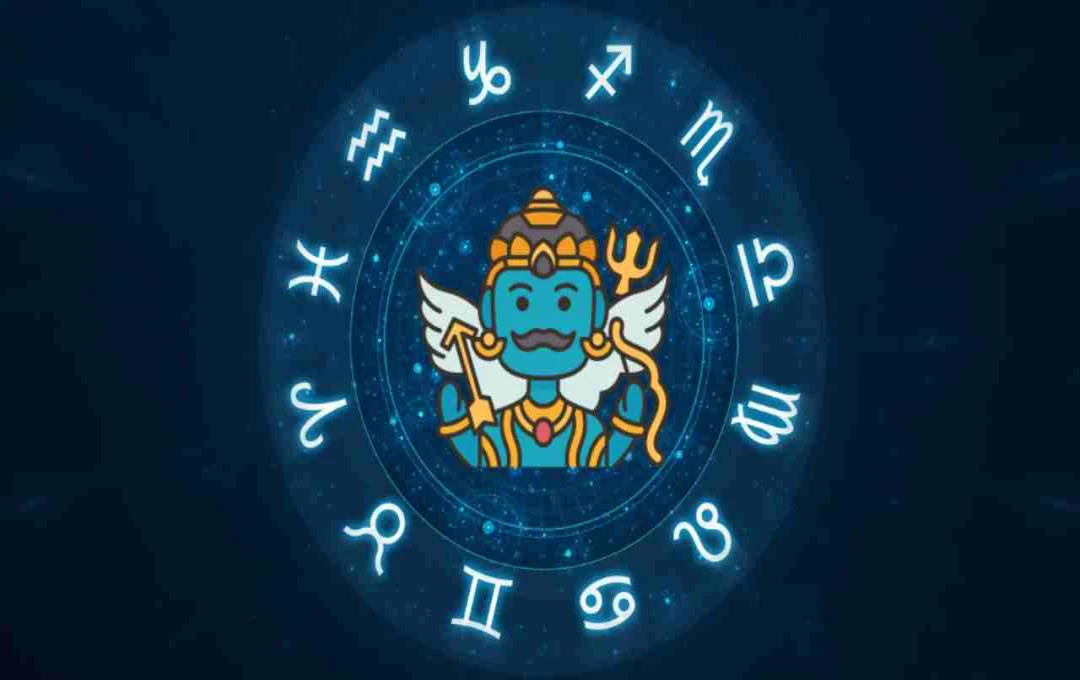India's Supreme Court has posed a significant question to the central government: can a person be deported solely on the basis of speaking the Bengali language?
New Delhi: The Supreme Court on Friday asked the central government to clarify whether individuals are facing deportation simply for speaking the Bengali language. The court expressed seriousness on this issue, stating that language cannot be the sole basis for identification. However, the apex court also agreed with the government's contention that Border Security Forces (BSF) have the right to prevent the entry of illegal immigrants, as such individuals can pose a threat to the country's demographics and security, and place additional strain on national resources.
Supreme Court's Strict Remarks
A bench comprising Justices Surya Kant, Joymalya Bagchi, and Vipul Pancholi stated during the hearing on Friday that citizenship in India can only be determined through a fair process. Advocate Prashant Bhushan, representing the West Bengal Migrant Labour Welfare Board, informed the court that many individuals are being deported solely for speaking Bengali.
He argued that expelling people from the country without citizenship verification by a competent authority or tribunal is a violation of Article 21 (Right to Life and Liberty). Bhushan also stated that such individuals are falling victim to firing from the border security forces of both India and Bangladesh, which is completely illegal.
The bench clearly stated that language alone cannot be considered a means of identifying a foreigner or a citizen. Border security forces have the right to stop illegal immigrants. However, if a person is within Indian borders, due process must be followed for their deportation. Are Bengali speakers automatically considered foreigners? This is a serious question.
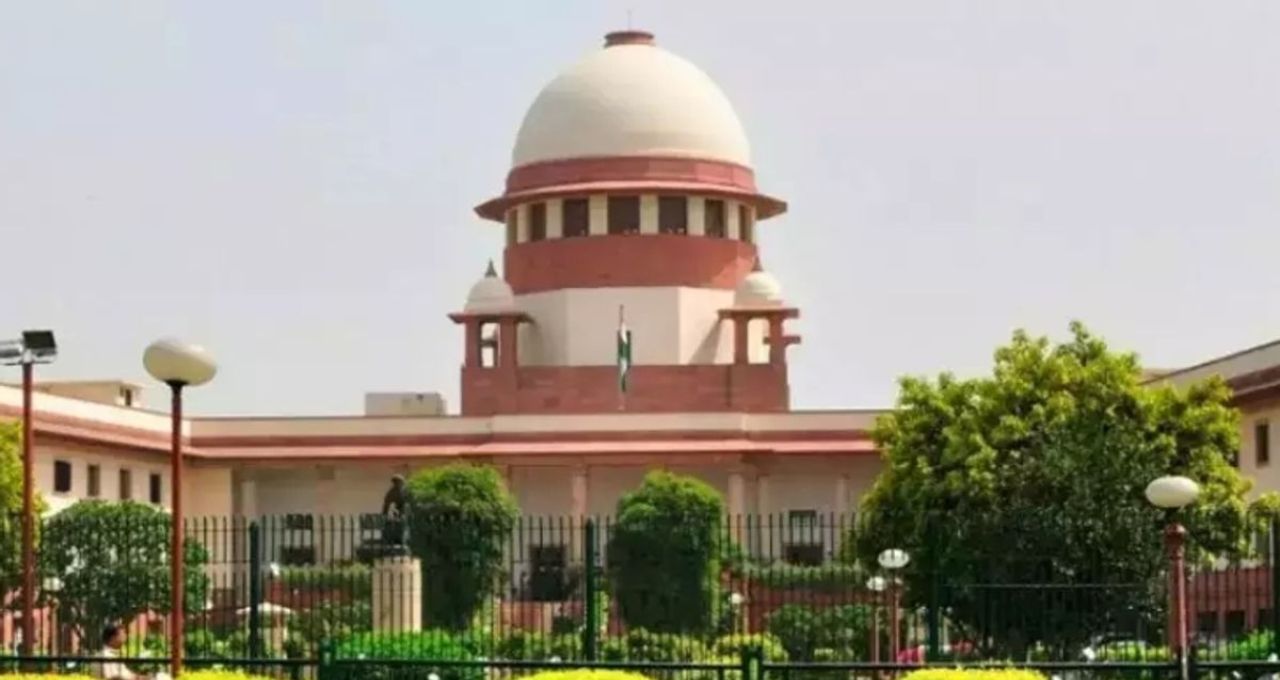
Central Government's Stance
Solicitor General Tushar Mehta, in response to the court's question, stated: "Speaking Bengali is not a ground for deportation. However, he also added that India cannot become the 'capital of illegal immigrants.' He alleged that some states are encouraging illegal immigrants through organized rackets. Citing the problems faced by European countries, he said that a large number of immigrants are burdening their social and security systems.
Mehta also remarked sarcastically that if Prashant Bhushan is such a supporter of immigrants, he should go to America and help them. The court also acknowledged that illegal immigrants are a serious problem. They not only pose a threat to India's security and integrity but also put pressure on the country's demographics and resources.
The court stated that the borders of Assam, Tripura, West Bengal, and the northeastern states are porous in many places, leading to a large influx of illegal immigrants from Bangladesh. However, the court clarified that language or culture cannot be made the sole basis for deportation.
Wall or Fence at the Border?
During the hearing, the judges, citing the example of the US-Mexico border wall, asked if India is also planning to build such a wall. To this, Mehta replied that India is already fencing the border with Bangladesh. Along with this, the Supreme Court itself is monitoring this issue.
The bench stated that sending back illegal immigrants is not the problem, but taking such a step without verifying the identity and citizenship of any individual would not be justifiable.
